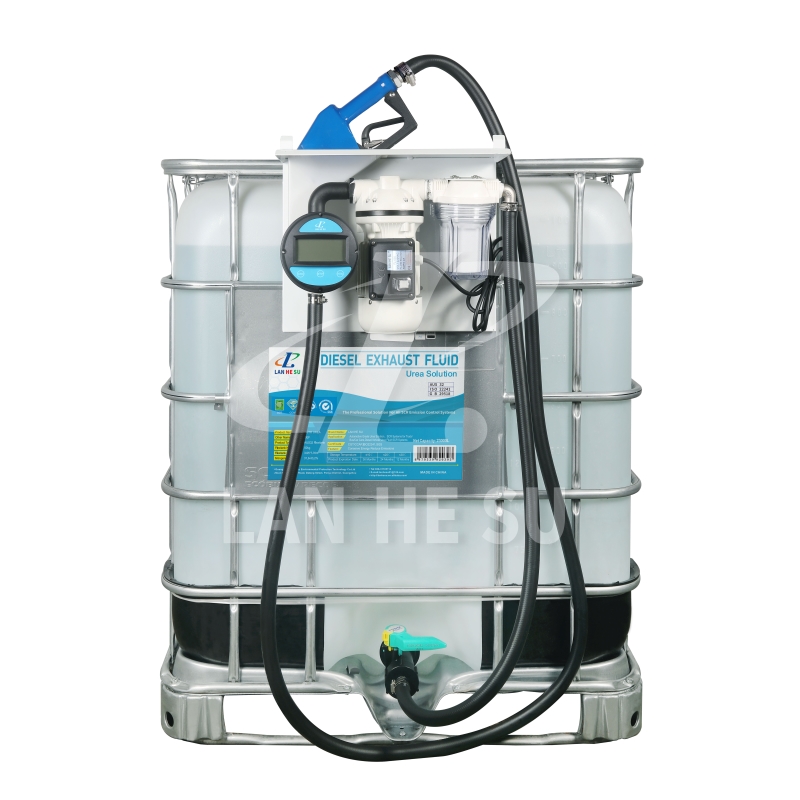Wall-mounted Induction Heating Controller vs. Traditional Systems: Which Reigns Supreme?
If you want to learn more, please visit our website Hitfar.
# Wall-mounted Induction Heating Controller vs. Traditional Systems: Which Reigns Supreme?
Induction heating technology has emerged as a revolutionary approach in various industrial applications, offering efficiency and precision that traditional heating systems often lack. Among the many innovations in this field, wall-mounted induction heating controllers stand out for their distinct advantages. This article will delve into the functions and benefits of wall-mounted induction heating controllers, highlighting their key features compared to traditional systems, aimed at industries looking to enhance performance and adaptability.
## 1. Precision Control Mechanism.
One of the most significant features of a wall-mounted induction heating controller is its precision control mechanism. Utilizing advanced microprocessor technology, these controllers can deliver precise temperature settings and power adjustments. Unlike traditional systems, which may rely on heating elements that can take time to reach desired temperatures, induction controllers provide instantaneous heat transfer to the workpiece. This results in a significantly reduced processing time and minimizes energy waste, allowing manufacturers to operate at higher efficiency levels.
## 2. Energy Efficiency.
Energy efficiency is another critical advantage of wall-mounted induction heating controllers. Traditional heating methods often face energy losses through radiation and convection, leading to higher operational costs. However, induction heating directly transfers energy to the material being heated, ensuring that nearly all the input energy contributes to the heating process. This efficiency translates to lower energy bills and a smaller carbon footprint, making wall-mounted systems a more sustainable option for businesses.
## 3. Improved Safety Features.
Modern wall-mounted induction heating controllers come equipped with advanced safety features. These include over-temperature protection, fault detection systems, and automatic shut-off mechanisms. In contrast, traditional heating systems can carry a higher risk, as they often rely on open flames or exposed heating elements, which can cause accidents or damage if not monitored closely. The enhanced safety provided by induction heating controllers not only reduces risk but also minimizes liability for companies operating in high-stakes environments.
Additional resources:The Benefits of Installing a Smart Home Security System
Top Trends in Rapeseed Oil Press Machines by 2025
Is Your Community Ready for Efficient Waste Management Solutions?
Top 7 Liquid Filling Equipment Choices for Efficient Production
How Household Garbage Briquette Machines Transform Waste into Fuel
Advancements in Fully Automatic Battery Module Assembly Line 2025
What Is The Process Of Plating in 2025: A Complete Guide
## 4. Compact Design and Installation Flexibility.
The compact design of wall-mounted induction heating controllers offers significant advantages in terms of space utilization. Businesses in sectors such as manufacturing or metalworking often have limited floor space; thus, the wall-mounted aspect facilitates easy installation without consuming valuable operational area. Their versatility allows for deployment in various industrial settings, providing heating solutions even in space-constrained environments where traditional systems would be impractical.
## 5. Greater Production Flexibility.
Wall-mounted induction heating controllers are exceptionally adaptable, making them suited for diverse production lines. The ability to quickly switch between different heating profiles and setups allows manufacturers to respond swiftly to market demands and changes in production materials. In contrast, traditional systems often require longer setup times and may not handle material variations as seamlessly. This increased flexibility ensures that companies can remain competitive and agile, responding to client needs without sacrificing production efficiency.
## Conclusion: The Future of Heating Technology.
In conclusion, wall-mounted induction heating controllers offer numerous advantages over traditional heating systems, including precision control, energy efficiency, enhanced safety, compact design, and greater flexibility in production. As industries continue to evolve in response to technological advancements and market demands, the significance of adopting efficient and adaptable heating solutions becomes increasingly clear. Companies considering upgrades or replacements for their heating systems would do well to evaluate wall-mounted induction heating controllers as a viable investment. .
By embracing this innovative technology, businesses can not only improve their operational efficiency but also pave the way for a more sustainable and forward-thinking production environment. Future trends in heating technology suggest an increasing shift toward induction systems as industries seek to optimize processes and reduce environmental impact. Therefore, the time to adopt and explore the benefits of wall-mounted induction heating controllers is now.
If you want to learn more, please visit our website.
Additional resources:best oil press machine
Maximizing Productivity with the Efficient Bag Breaker
What Is a Scissor Lift? Types and Uses Unveiled
Vertical Bellow Cover: The Ultimate Guide to Choosing the Best
Exploring Advantages of Laser Metal Cutting Machines
Maximize Efficiency with Customizable Sorting Robots for Your Business
Piston Rod Polishing Machine vs Manual Polishing: Which Is Better?


